Here, you’ll learn What Are the Benefits of THC, delta 9, delta 8, delta 7, delta 10 Thc and every thing you need to know, What Does Delta 9 THC Feel Like?, What Are The Side Effects of Delta 9 THC?, How Does THC Work?. One benefits most popular psychoactive compounds in the world, including where it comes from and how it works. You’ll also learn about legality, potential health benefits, risks, and more.
What Is THC?
THC stands for tetrahydrocannabinol. It’s a phytocannabinoid found exclusively in cannabis plants. It works by mimicking a group of compounds present in the nervous system called endocannabinoids. These compounds act as both hormones and neurotransmitters, transmitting important information around the body.
By mimicking these molecules, THC is able to activate different neurological pathways in the body — leading to a wide range of therapeutic benefits. Some of these pathways result in the psychoactive effects characteristic of marijuana.
There are several different types of THC. Each one shares similar psychoactive effects, but with some subtle differences:
Delta 9 THC
This is the main form of THC abundant in all marijuana strains. Delta 9 THC has a double-bond on the ninth carbon in the central ring structure of the molecule.
This version of THC is used as the baseline for measuring the effects and potency of THC. It’s about two times stronger than delta 8 and delta 10 THC and about four times stronger than THCV.
Delta 8 THC
This version of THC is much rarer in nature — most cannabis plants produce less than 1% delta 8 THC. It’s formed as delta 9 THC degrades. Some turn into CBN (cannabinol) delta 8, some turn into delta 8, both of which are more stable than delta 9 THC. delta 8
Delta 8 THC is about 50% as strong as delta 9 THC.
Delta 10 THC
Delta 10 THC is also very rare in the plant, but can be isomerized from CBD or other cannabinoids delta 10. This cannabinoid is characterized by a double bond located on the 10th carbon in the central ring structure. delta 10
The potency of delta 10 THC is comparable to delta 8, but has slightly stronger stimulating effects.delta 10
THCV
THCV (tetrahydrocannabivarin) is common in African landrace strains but uncommon in most Cannabis sativa plants. It’s about 25% as potent as delta 9 THC but has much stronger appetite suppressant action. delta 10
THCP
THCP is the strongest form of THC known. It’s thought to be as much as 33 times stronger than delta 9 THC. Research on this cannabinoid is sparse but starting to pick up as more researchers are becoming interested in novel cannabinoids. delta 7
Some researchers believe this cannabinoid could explain why some strains of marijuana are so much stronger than others, despite sharing similar delta 9 THC concentrations. This cannabinoid is extremely potent — only trace amounts are needed for a noticeable difference in potency.
THC-O
THC-O is a synthetically modified version of THC. An acetate group is attached to the structure to make it significantly more bioavailable to the body than conventional THC.
THC-O takes longer to kick in but offers more potent effects.
While some studies suggest THC-O is about three times as strong as delta 9 THC, most users agree it’s closer to about 1.5 or 2 times as strong.
Delta 9 THC: Specs & Technical Details

| Active Ingredient | Delta 9 THC |
| Level of Risk | Low |
| Other Names | Weed, Bud, Pot |
| Most Common Side Effects | Red eyes, paranoia, anxiety, increased appetite (“munchies”), increased heart rate |
| Duration of Effects | 2-10 hours, depending on delivery method |
| Legality | Illegal recreationally in most countries, legalized for medical use in many |
Where Does THC Come From?
THC is exclusively produced in the cannabis plant.
THC begins its life as another cannabinoid, called CBGa (cannabigerolic acid). Various enzymes in the plant then convert CBGa to THCa (tetrahydrocannabinolic acid), CBDa (cannabidiolic acid), and CBCa (cannabichromic acid).
Each strain has different enzymes and will therefore produce different ratios of these cannabinoids. Hemp plants, for example, have very little enzyme activity that converts CBGa to THCa, and a lot of enzyme activity that converts CBGa to CBDa.
Likewise, marijuana plants have a high prevalence of enzymes that convert CBGa to THCa. delta 8
THCa is later converted to THC when exposed to heat or UV light. When cannabis is burned, the high heat spontaneously converts THCa to the active form THC through a process called decarboxylation. delta 8
Common Names for Marijuana
Experts estimate that the effects of cannabis were known to humans as far back as about 28 million years ago. In more recent history, marijuana containing delta 9 THC has been given countless nicknames and street names.
Common slang terms for marijuana:
- Weed
- Pot
- Dope
- Bud
- Reefer
- Grass
- Hash
- Hashish
- Ganja
- Mary Jane
- Chronic
- Cheeba
- Puff the Magic Dragon
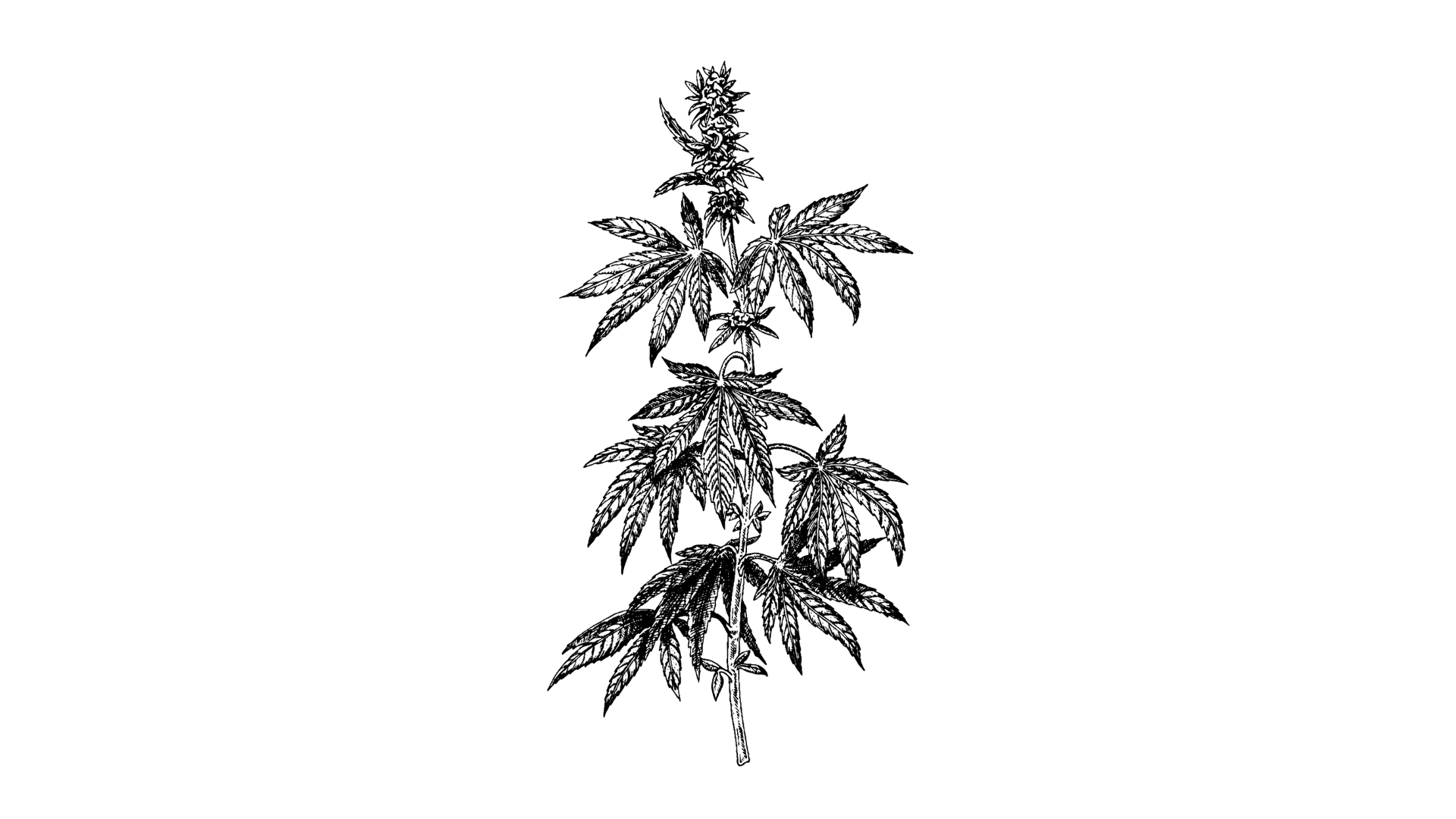
What Does Delta 9 THC Feel Like?
The THC “high” feels similar to being drunk, but with less “haziness” (mentally) and a stronger body load.
Mentally you don’t feel drunk, but your thoughts feel lighter and often drift away from you as you’re thinking about something. It can be hard to stay on task, but you feel more open to creative ideas. This is why so many artists and creatives love using THC.
You may feel some euphoria, especially in the first half of the experience.
Unwanted effects can happen too. Many people who take too much THC or don’t use it often may feel what’s referred to as “weed anxiety.” As you might have guessed, it’s the anxiety caused by THC, which is a bit of a different feeling than other types of anxiety.
A common cause for weed anxiety is caused by the feeling of being “off-centered” — as though you’re not as in control of your experience as you thought. This can cause a bit of existential anxiety and is normal when using most psychoactive substances… to varying degrees.
Does Delta 9 THC Feel the Same for Everyone?
Consuming delta 9 THC can vary significantly from person to person. THC interacts with our endocannabinoid system, binding to CB1 and CB2 receptors.
Different individuals will have varying numbers of receptors, some of which can bind more successfully with THC molecules. Ultimately, a person’s genetics plays a significant role in how THC affects them.

The strain of marijuana consumed can also play a part in your experience with delta 9 THC. Some strains have high THC levels, making them more potent. Others have CBD included, which has been shown to reduce the psychoactive effects of THC. Terpenes and other compounds in marijuana strains can also play a part in how you experience THC.
Finally, the delivery method can have an effect on how THC affects you. Smoking or vaping will generally produce a less intense high than consuming edibles, while dabs and concentrates can deliver the most potent effects.
How THC Feels According to Dose
The effects of THC can vary quite a bit depending on the dose. delta 7
Generally speaking, lower doses are more mellow and adaptogenic. They’re calming and even a little bit sedating. delta 7
Higher doses shift and become much more stimulating and psychoactive. delta 7
Starting at a threshold dose of around 5 mg, THC becomes increasingly more psychoactive. Most users feel a clear “high” by 10 mg, and 20 mg or more can be quite overwhelming if you’re not used to it.
High and heavy doses are reserved for people with a lot of experience with THC and have a strong understanding of how their body reacts to THC.delta 7
Microdose
(1-2.5 milligrams)
A microdose refers to a dose of any substance that’s below the threshold. For THC, the threshold is around 5 mg.
Microdosing THC isn’t common, but many proponents claim it offers all the same benefits THC is known for in psychoactive doses — just to a lesser degree.
It takes longer for microdoses to work, but because of the lower cost and lack of psychoactive effects, it’s a good option for achieving consistent, long-term support.
Common reasons for microdosing THC include:
- Chronic pain
- Chronic anxiety
- Chronic depression
- Arthritis
- Multiple sclerosis
- Supportive oncology
- Insomnia
Suggested Reading: The Ultimate Guide to Microdosing Psychedelics.
Threshold Dose
(3-10 milligrams)
This is the minimum dose needed to produce noticeable psychoactive effects. delta 7
This dose will vary depending on the size, metabolism, and sensitivity of the user. Some people are more sensitive and feel the effects at 3 mg — others are less sensitive and need a dose closer to 10 mg before they feel anything.
Standard Dose
(15-30 milligrams)
This is considered a standard dose for new and infrequent users.
Intense euphoria, impairment of motor skills, memory impairment, and a strongly altered perception of time are common effects. Some users report minor visual hallucinations.
High Dose
(30-50 milligrams)
This is considered a standard dose for frequent or everyday users.
For reference, a single 1 gram joint contains roughly 150 mg of THC.
However, a lot of this is lost due to combustion. Experts suggest a single 1 gram joint delivers a dose of around 60–100 mg THC along with a gamut of other cannabinoids.
This is under ideal conditions as if smoked by way of puffing, but no passing.
Heavy Dose
(50-100 milligrams)
Considered a large dose, even for frequent users. Individuals usually report extreme euphoria, regular visual hallucinations, a perception of time moving very slowly, and intense pain relief. Doses this high are far more likely to cause paranoia, anxiety, rapid heart rate, and memory impairment.
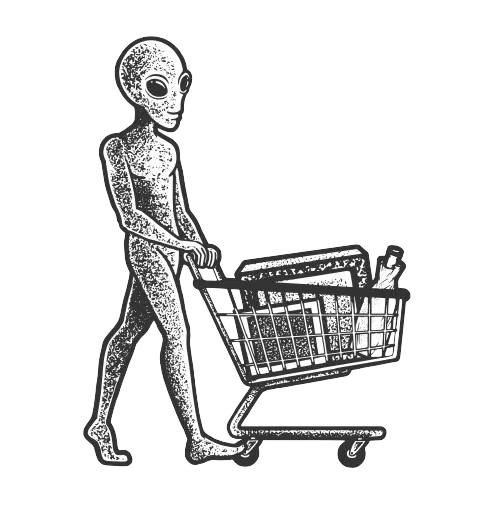
How Long Do the Effects of THC Last?
The timeline of effects when consuming delta 9 THC vary depending on the user, the dose, the delivery method, and several other factors.
When smoking or vaping marijuana, most users report a rapid onset of a high, sometimes within seconds and usually within 1-2 minutes. The high from smoking lasts about 2 hours for most users.
Consuming edibles or gummies means the THC is absorbed into your bloodstream via your digestive tract. As such, the time to effect varies considerably based on your metabolism and how much you’ve eaten prior to dosing. Most users report a high within 45 minutes to an hour, while others feel nothing for 2-3 hours after consumption.
The high from edibles usually lasts much longer than from inhaling THC — between 6 and 10 hours for most users.
Tinctures are taken sublingually often deliver a moderate-high within 10-30 minutes and another wave of effects after an hour or two.
Delta 9 THC Tolerance
Regular users of THC will often find that the dose that once provided their desired effects no longer does so. This is a result of THC “tolerance,” which is similar in effect to alcohol tolerance.delta 7
Many people believe that the body na-tetrahydrocannabinol-delta-8-thc/turally gets better at processing THC the more it’s used. However, research shows that the cause of THC tolerance is actually a reduction in the number of CB1 receptors in the endocannabinoid system [2], as well as a higher threshold for the system sending signals to the brain
Is Delta 9 THC Safe?
There has been extensive research done on the safety of using delta 9 THC in a variety of forms, including inhalation and consumption via edibles. There are potential medical issues related to inhaling any substance, including THC. delta 7
With that aside, delta 9 THC is considered to be a generally safe psychoactive substance. People aren’t getting sick and dying from using delta 9 THC — and that says a lot because there are a lot of people that use a lot of THC.
Researchers still have not found the lethal dose of THC (LD50) [3]. You would need to consume more marijuana than you can physically take before you reach the toxic dose of THC. delta 7
However, the effects of a massive dose can be unpleasant psychologically and may trigger depersonalization in some users [4]. delta 7
Additionally, THC may interact negatively with certain medications or specific underlying health issues. Always speak with your doctor about using THC if you’re prescribed any medication or have any underlying health diagnosis.
What Are The Side Effects of Delta 9 THC?
There are some side effects that users may experience when consuming THC. The most common physical and psychological THC side effects are listed below.
- Red eyes
- The increased appetite (“munchies”)
- Dizziness
- Dry mouth (“cotton mouth”)
- Rapid heart rate
- Paranoia
- Anxiety
- Visual hallucinations
- Changes to perception

How Does THC Work?
THC primarily works through its ability to interact with the endocannabinoid system (ECS).
The receptors in the endocannabinoid system are broken up into two different types: CB1 and CB2. CB1 receptors tend to interact with the central nervous system, whereas CB2 receptors typically help control the peripheral nervous system and immune system.
THC molecules fit almost perfectly into the body’s natural CB1 and CB2 receptors [1], meaning it acts as an agonist for both types of receptors in the endocannabinoid system.
Activation of the CB1 receptors is thought to result in a release of neurotransmitters such as dopamine and serotonin — leading to its characteristic high.
Some of the effects overlap with psychedelics like LSD by focusing attention on the 5HT2A serotonergic receptors in the prefrontal cortex of the brain. This is thought to enhance divergent thinking (creativity and out-of-the-box thinking), euphoria, and altered sensory perception.
What Are the Benefits of THC?
Most people use THC recreationally for the high it produces. It can deliver a range of “feel-good” effects, including euphoria, mood enhancement, giddiness, and uplifting feelings. It’s also a popular tool for enhancing creativity and helping users tackle problems from new angles.
Pain Management
CB2 receptors in the endocannabinoid system are closely related to the perception of pain, as well as anti-inflammatory responses in the body. Because THC binds to CB2 receptors, it can serve to reduce mild or even severe pain, make the pain more bearable, and reduce inflammation that could be contributing to the pain.
Nausea & Vomiting (Antiemetic)
THC has been a successful treatment for nausea and vomiting [2], a benefit particularly enjoyed by patients undergoing chemotherapy. Although the specifics are still being researched, experts believe that THC’s affinity for binding to CB1 receptors allows it to suppress the insular cortex, a part of the brain responsible for awareness of internal discomfort.
Neuroprotective
THC has been shown to be a “neuroprotectant,” which means it naturally provides protection for the central nervous system [3]. This makes it a popular part of treatment for ailments like Parkinson’s disease and multiple sclerosis.
Sleep Support
Research suggests that THC is also a useful sleep aid, as low doses can help users fall asleep more quickly, stay asleep longer, and increase levels of adenosine [4], a nucleoside closely linked to wakefulness and sleep quality.
Anxiolytic (Anti-Anxiety)
THC is a natural central nervous system suppressant, meaning it can be used to reduce anxiety and stress as well as improve sleep. It’s been shown to be particularly useful for those with post-traumatic stress disorder (PTSD) [5]. What Are the Benefits of THC?
Appetite Stimulation
THC is commonly associated with “the munchies,” an increase in appetite shortly after consumption. While this might not be a benefit in all users’ eyes, it can be helpful for getting patients with HIV, anorexia, or other ailments linked to low appetite to eat. What Are the Benefits of THC?
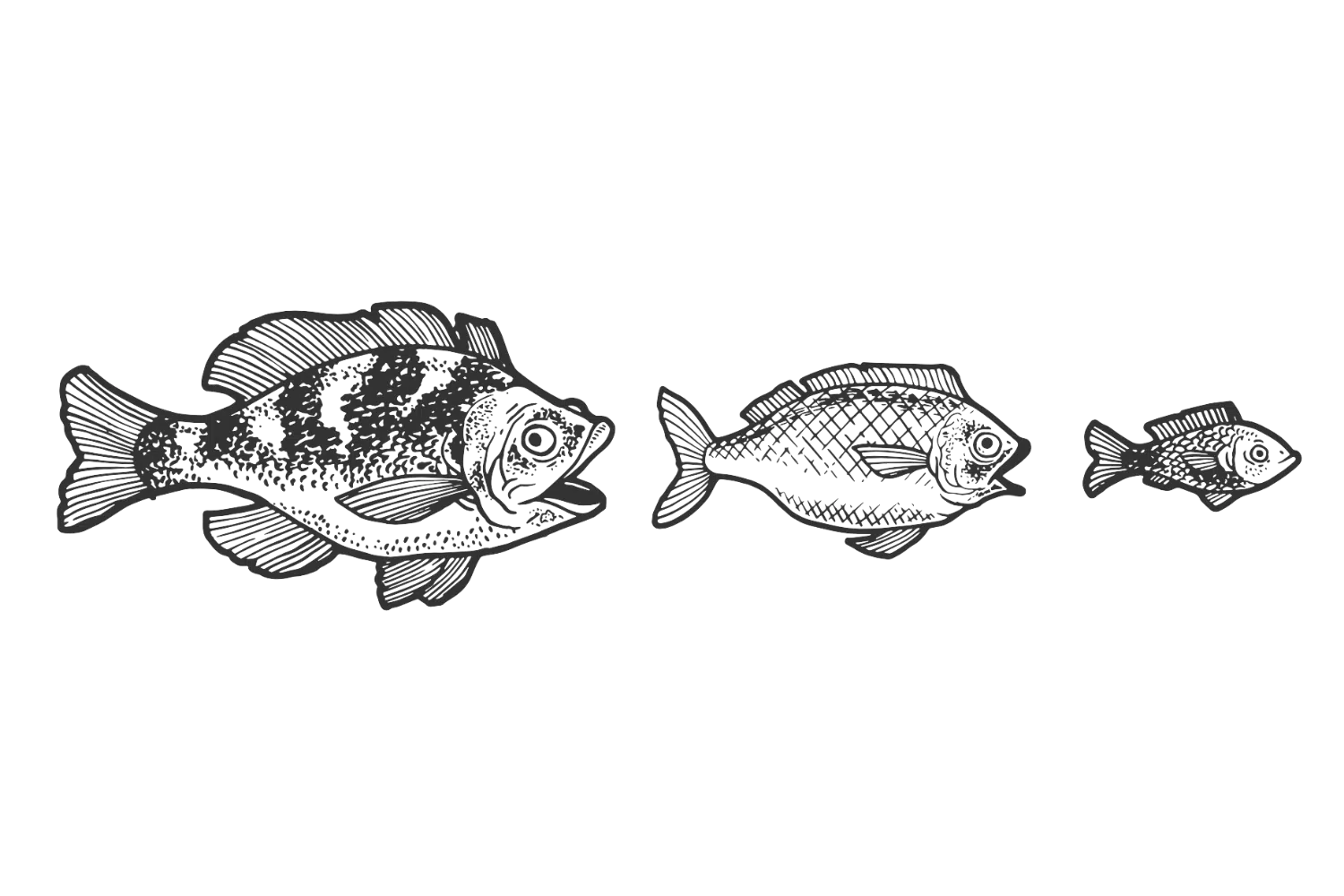
THC Risks & Safety
As with all drugs, there is some risk involved with taking THC. Most side effects are relatively mild, and THC is considered comparatively safe, as there is no known lethal dose [7].
Some of the more prevalent side effects include dry mouth (“cotton mouth”), red eyes, lightheadedness, increased heart rate, and slightly impaired memory. Anxiety and paranoia are less common side effects that are more commonly associated with larger doses. delta 7
Long-term risks of consuming THC are more often related to the method of consumption than they are to the cannabinoid itself. For example, smoking marijuana puts users at elevated risk of lung cancer, What Are the Benefits of THC?especially if rolling papers or tobacco leaves are used. There is some anecdotal evidence to suggest that long-term use can lead to decreased motivation, although this claim hasn’t been substantiated by research. What Are the Benefits of THC?
The History of Marijuana & Delta 9 THC
Human consumption of delta 9 THC dates back as far as 500 BCE.
Modern medical uses for marijuana are documented around the world from around 1830 to the What Are the Benefits of THC?day. Symptoms treated often include pain and nausea. delta 7
It wasn’t until around the 1900s that THC was used more as a recreational drug in the United States than a medicinal herb. Much of the weed at the time came from Mexico and was met with disapproval and fear. By 1925, more than half the states in the country outlawed the plant for recreational use.delta 10
THC saw even more scrutiny and disapproval during WWII, and the Boggs Act of 1952 declared mandatory sentences for marijuana possession and use.delta 10 What Are the Benefits of THC?
America in the 1960s was experiencing the hippie counterculture, whose members embraced marijuana for recreational use. The drug’s prevalence increased, leading to the Controlled Substances Act, a piece oWhat Are the Benefits of THC? f federal legislation banning THC, psychedelics, and many other drugs.delta 10
Restrictions and penalties for marijuana possession and use became stricter in 1986 when president Reagan passed the Anti-Drug Abuse Act. Despite federal efforts to limit THC use, by 1996, some states had decriminalized the drug, and many approved medical marijuana programs.What Are the Benefits of THC?
Although THC remains illegal on a federal level in America, most states now have a medical marijuana program, and many have decriminalized or legalized recreational marijuana entirely.What Are the Benefits of THC? What Are the Benefits of THC?

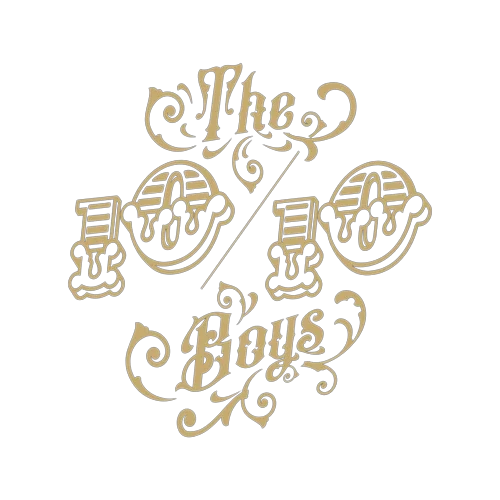
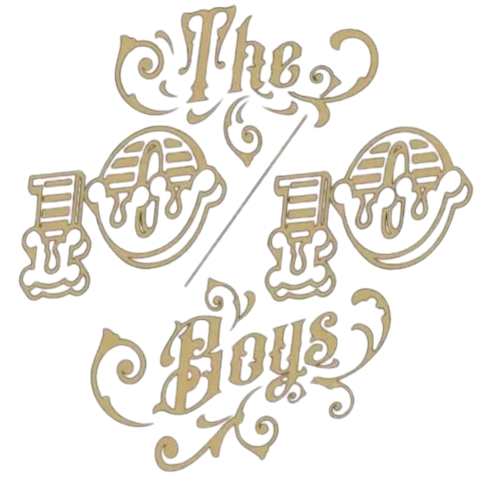
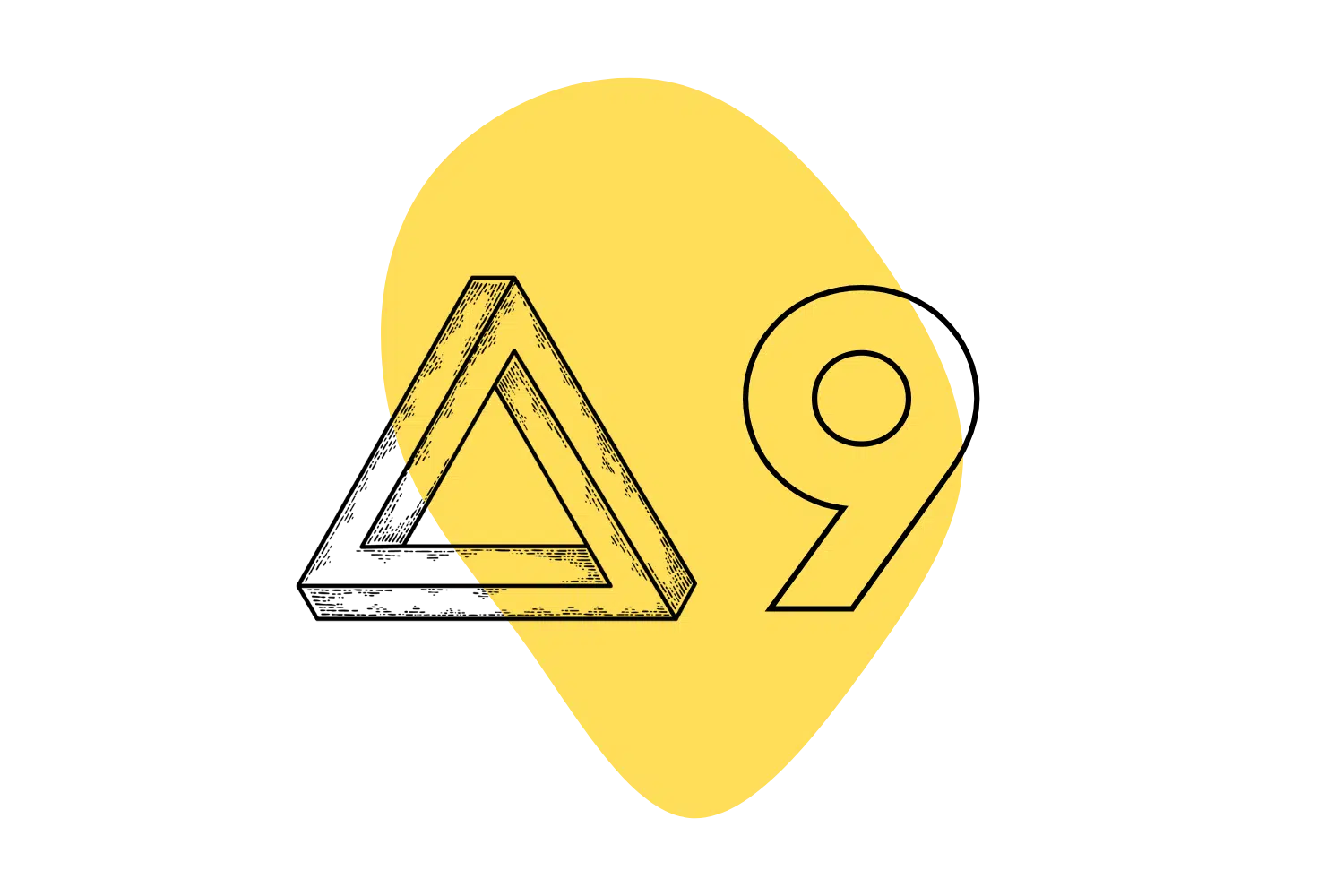
legal gambling age in united states, best australian casino sites
and casino online australia free, or best canada poker sites
Here is my web blog … blackjack pizza coupon